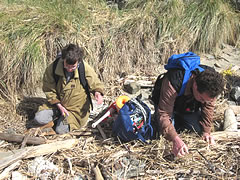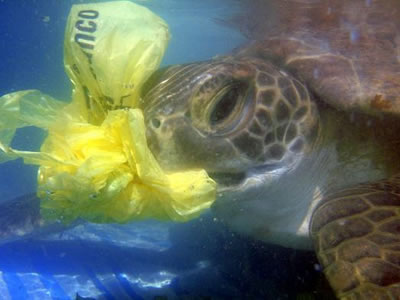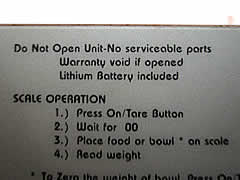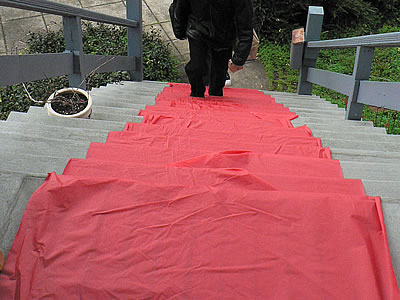Gluten-Free AND Plastic-Free?
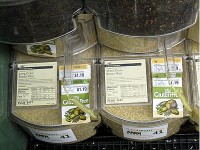
This post is not about whether we should consume gluten or not, but how those of us who want to limit our gluten intake can avoid the plastic packaging associated with many gluten-free foods.
Gluten is a protein found in grains like wheat, barley, and rye. For people with celiac disease, eating gluten causes an autoimmune response that leads to serious health problems. For others, gluten sensitivity can cause digestive problems and other symptoms. Now, I’m not a gluten-free gal, but for several months, I did try eliminating gluten from my diet to see if that would resolve some health issues. It didn’t. But it did give me an understanding of some of the challenges of trying to live both plastic-free and gluten-free.
The shelves of most grocery stores these days are filled with gluten-free alternatives. Cereals, pasta, and even cake mixes come in gluten-free versions.
But just look at all that plastic packaging. Even the boxes of cereal… Read the rest








